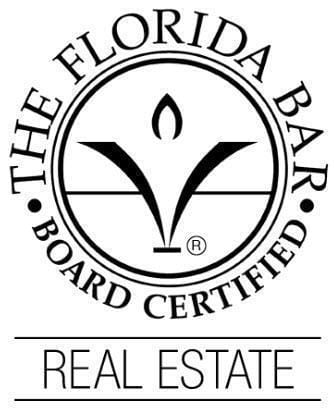You want to buy a rental property for passive income, but you need a mortgage for the property. How do you qualify for borrowing?
U.S. News & World Report explores how to secure a home loan for rental real estate. Understand your options for becoming a landlord.
The difference
When lenders learn you want a home loan for a rental property, expect to navigate higher risks than you did when buying your residential home. Rental property mortgages have specific requirements and rules, too. You take on more risks because more people default on rental property mortgages. Higher risk also translates to higher interest payments.
The qualifications
Boost your credit score as much as possible before applying for a rental property loan. Lenders like to see scores of at least 620. If you want to offset the high-interest rates for rental property mortgages, you may need a score of at least 740.
While you may like not needing private mortgage insurance for your rental property, it means you need a higher down payment. Aim for saving up between 15% and 20%. If you want to buy a multi-unit investment property or something similar, lenders may ask for a down payment of at least 25%.
Lenders prefer you have money saved up before approving you for financing. If something happens that triggers financial setbacks, lenders want to know you have the means to cover your mortgage. Save up between three and six months of full loan payments, insurance, principal, taxes and interest.
Buying a rental property could become a great opportunity. Make the most of it by knowing what you need to do to secure financing.




